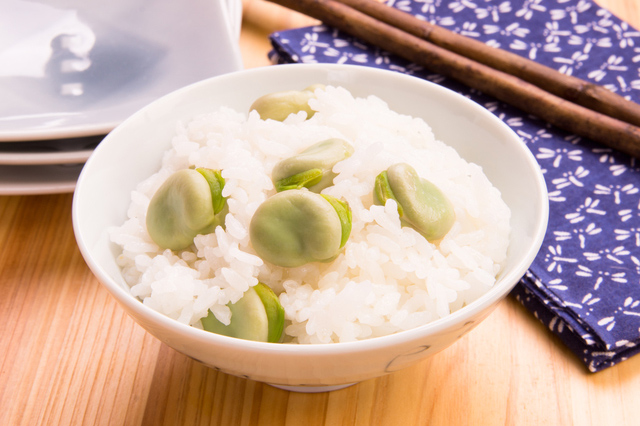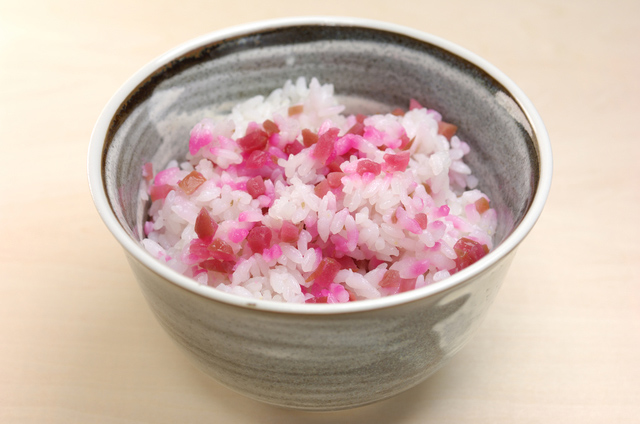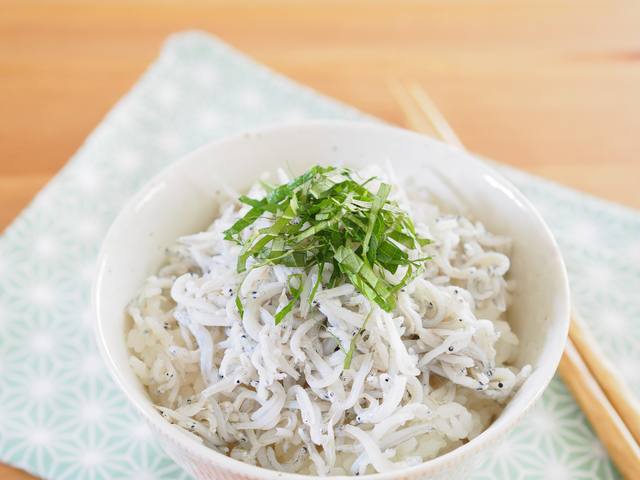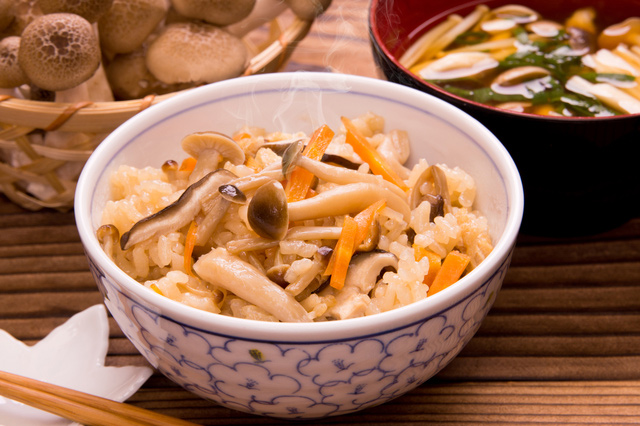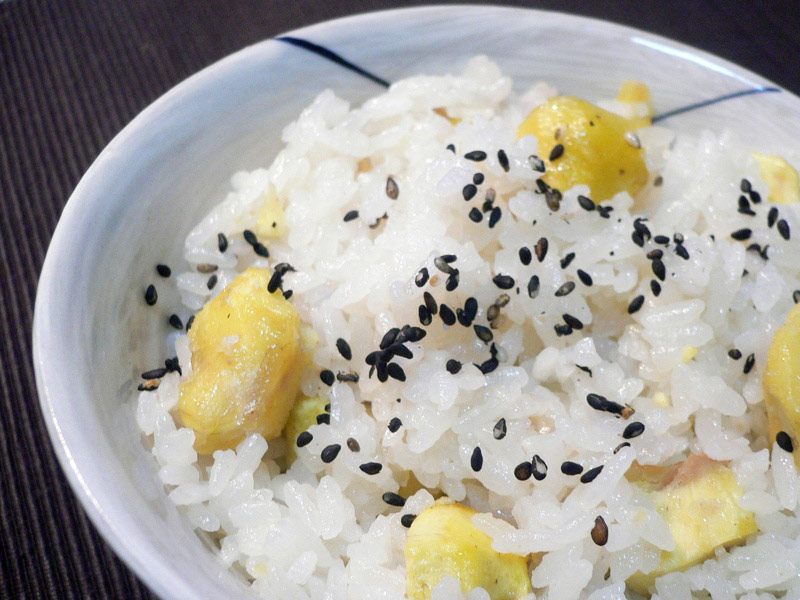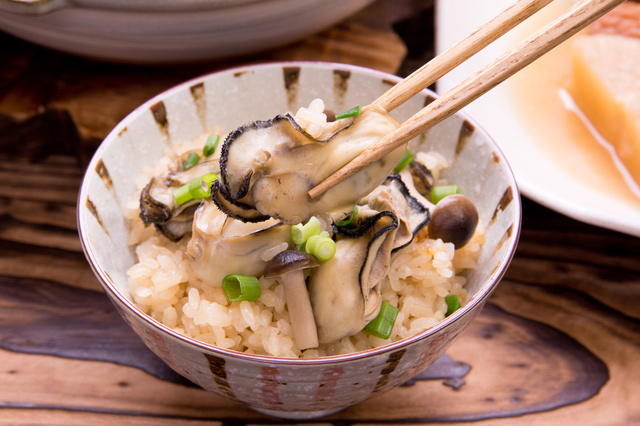
10 Japanese “Maze Gohan” Mixed Rice Recipes
Have you heard about the Japanese dish called "maze gohan" or mixed rice? These are one pot rice dishes filled with an assortment of seasonal ingredients. They’re very quick and easy to make, so they’re very popular in Japan! Here are some maze gohan recipes packed with flavor that will truly allow you to feel the seasons change.
This post may contain affiliate links. If you buy through them, we may earn a commission at no additional cost to you.
In a country with a rice-eating culture like Japan, you will naturally find a lot of ways to eat rice. One of them is the "maze-gohan", which mixes rice and various ingredients fitting each of the four Japanese seasons. We selected for you 10 recipes of mixed-rice that will make you enjoy different flavors according to the season.
Our Top Tips
JR Pass for Whole Japan
Explore Japan in the most convenient and economical way with a Japan Rail Pass! It is valid for the majority of railways and local buses operated by JR.
1. Takenoko Rice (Bamboo shoot rice) - Spring
PIXTAFor the spring taste, this mixed-rice with bamboo shoots is one of the best choices. You can also add in a pot the ingredients of your choice like carrots and cook everything together.
2. Nanohana Rice (Rape blossom rice) - Spring
PIXTAThe rape blossom, named after "rapus", the Old English word for turnip, is a kind of turnip flower harvested a lot during spring in Japan. In order to preserve the beautiful vivid green color of the rape blossom, first cook the rice with the ingredients you prefer, for example sakuraebi (cherry shrimp) or scallops, and boil separately the rape blossom, then wait for the last moment to mix it with the others. This way, you will obtain a lovely bright green nanohana rice.
3. Soramame Rice (Fava beans rice) - Spring
PIXTANot only is the appearance of the soramame rice with its white rice and vivid green color similar to Nanohana rice, but so is its preparation: likewise, please avoid putting everything in the same pot when cooking. Instead, boil separately the fava beans before combining and stirring them with the cooked rice.
4. Ume rice (Japanese plum rice) - Summer
PIXTAJapanese plums are often eaten during summer in Japan, as a counter-measure against summer heat or heat stroke. Just add some to your well-cooked rice and their characteristic sourness will give your ume rice a refreshing taste perfect to cool yourself in the summer.
5. Shirasu rice (Young sardines rice) - Summer
PIXTAThe most common forms of the shirasu rice are probably well cooked rice mixed with a combination of shirasu and Japanese plums or shirasu and vegetable leaves.
6. Mushroom rice - Autumn
PIXTAWhen autumn arrives in Japan, it is finally time to pick some mushrooms and, of course, cook mushroom mixed-rice. Some might boil the rice together with the mushrooms in the same pan, however you can eventually prepare in advance the mushrooms and add them afterwards when the rice is ready.
7. Aki-shake rice (Autumn salmon rice) - Autumn
PIXTAThe aki-shake, also called aki-sake, is the name given to the salmon during autumn as they put on fat when the weather becomes colder. This change will make them even more delicious, therefore these salmon are indeed very representative of the kind of mixed-rice you will find in this season. To enjoy the taste of fall, put the ingredients you like, such as mushrooms, in a pot with the autumn salmon and let them boil all together. Once cooked, the salmon will flake naturally so you will just have to stir everything together and your aki-sake rice will be ready to serve.
8. Kuri rice (Japanese chestnuts rice) - Autumn
Kanako .A/FlickrSince autumn is its harvest season, Japanese chestnut is also considered to be one of the flavors of autumn in Japan. As shown in the first photo, the outer and inner shells are brown and hard, but once you take them off, a yellow soft fruit appears. This is what you boil together with the rice in order to cook kuri rice.
9. Ginger rice - Winter
PIXTAGinger is a food rumored to make the whole body feel warm. As a result, Japanese people love to cook ginger, rice and their favorites ingredients together during the cold period of winter to warm themselves.
10. Oyster rice - Winter
PIXTATo enjoy the flavor of winter, how about some oysters? Unlike the two preceding recipes, they should not be boiled together with the rice, but rather prepared beforehand using seasonings before stirring them with some already-cooked rice.
What do you think? Needless to say there are way more recipes for mixed-riced in Japan than what we could show you this time, and each of them has a unique taste. Feel free to try them all!
The information in this article is accurate at the time of publication.



